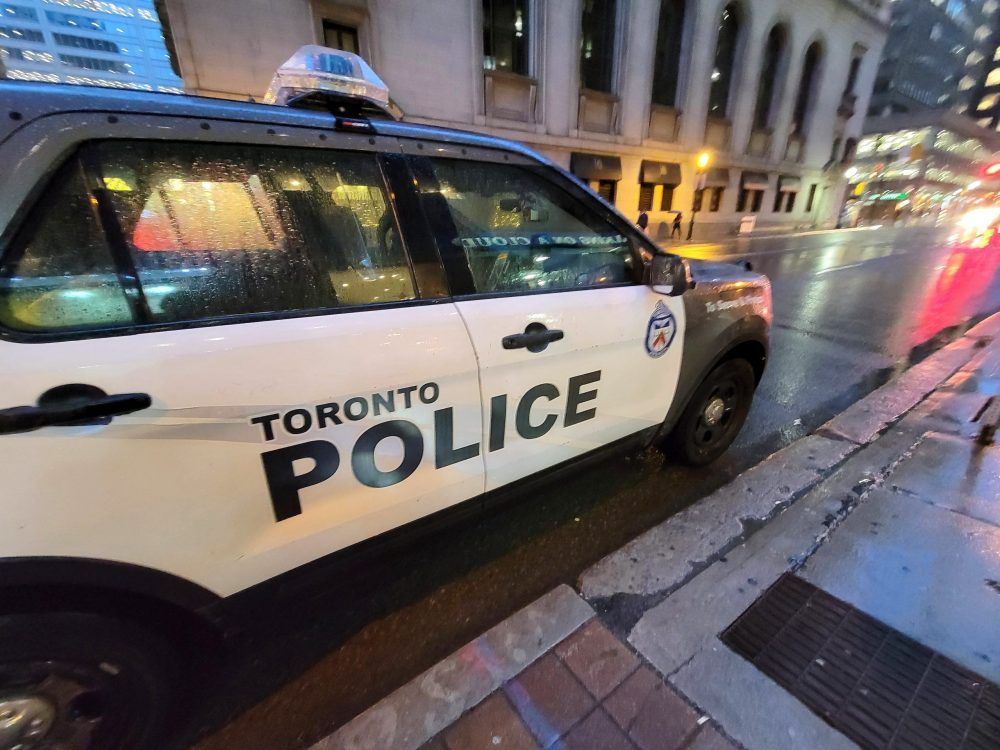The recent suicide of a veteran officer within the Toronto Police Department has sent shockwaves through the community and raised concerns about the mental health of police officers. This tragic incident occurred on Tuesday, June 20, 2023, shortly after another officer from the same department took their own life. In this article, we aim to provide an in-depth understanding of the circumstances surrounding these events and emphasize the importance of mental health support for law enforcement personnel.

The Toronto Police Officer Suicide: A Community in Mourning
The Toronto Police Department has confirmed the devastating news of a uniformed officer’s suicide. The late officer’s name is being withheld at the family’s request. However, Chief Myron Demkiw revealed that the officer dedicated 26 years of service to the Toronto Police Department, leaving behind a grieving wife and sons. The entire Toronto Police community is currently mourning the loss and extending their heartfelt condolences to the officer’s family.
Addressing Mental Health Challenges in Law Enforcement
The tragic suicide of a Toronto Police officer highlights the pressing need to address the mental health challenges law enforcement personnel face. Chief Myron Demkiw has urged officers and the wider community to take advantage of the mental health and well-being resources available within the Toronto Police Service. Recognizing their profession’s long-lasting effects and devastating impact, Chief Demkiw emphasized the importance of supporting officers in coping with the psychological pressures they face.
Collaborative Support: The Role of the Toronto Police Association

The Toronto Police Association (TPA) has pledged its commitment to providing comprehensive support to the deceased officer’s grieving family, friends, and colleagues. Jon Reid, the president of TPA, expressed solidarity with the Toronto Police Service and assured that they would work closely with the department to offer the necessary assistance during this challenging time. Such collaborative efforts foster a supportive environment for law enforcement personnel and their loved ones.
Breaking the Stigma: Prioritizing Mental Health in Law Enforcement

The tragic suicides of Toronto Police officers underscore the urgent need to break the Stigma surrounding mental health within the law enforcement community. For far too long, the psychological well-being of officers has been neglected, resulting in dire consequences. We must prioritize mental health and provide accessible resources tailored specifically for law enforcement personnel.
Supporting Officers: The Way Forward
To effectively support police officers’ mental health, it is essential to implement proactive measures and comprehensive support systems. Here are some key strategies that can make a difference:
1. Comprehensive Mental Health Programs
Law enforcement agencies must establish and promote comprehensive mental health programs designed explicitly for their officers. These programs should focus on prevention, early intervention, and ongoing support, including counseling, therapy, and peer support networks.
2. Training and Education
Enhancing mental health awareness and resilience should be an integral part of the training and education provided to law enforcement personnel. By equipping officers with the necessary knowledge and coping strategies, we can empower them to navigate the unique challenges they encounter in their profession.
3. Reducing Stigma
Efforts should be made to reduce the Stigma of seeking mental health support. Encouraging open dialogue, promoting empathy, and fostering a culture prioritizing psychological well-being can help officers feel comfortable reaching out for assistance without fear of judgment or repercussions.
4. Holistic Approach
A holistic approach to mental health involves considering various aspects of officers’ well-being, such as work-life balance, physical health, and access to support networks. By addressing these factors comprehensively, we can create an environment that supports the overall wellness of law enforcement personnel.
The tragic suicide of a Toronto Police officer serves as a sad reminder of the mental health challenges faced by those in law enforcement. We must prioritize the well-being of police officers and establish robust support systems to address their unique needs. By implementing comprehensive mental health programs, breaking the Stigma, and fostering a culture of support, we can contribute to a safer, healthier, and more resilient law enforcement community.
